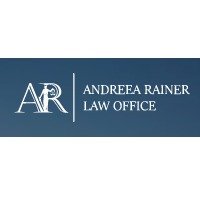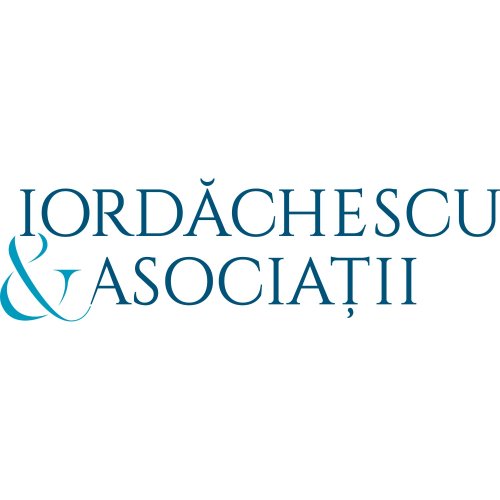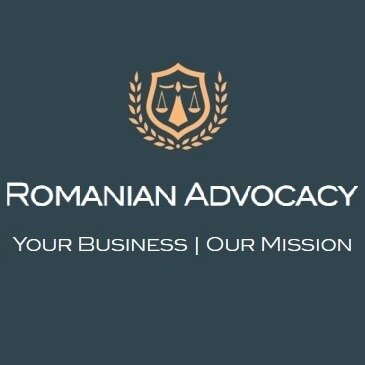Best Education Law Lawyers in Romania
Share your needs with us, get contacted by law firms.
Free. Takes 2 min.
Or refine your search by selecting a city:
List of the best lawyers in Romania
About Education Law in Romania
Education Law in Romania encompasses a set of legal requirements pertaining to the operation and regulation of educational institutions, as well as the rights and responsibilities of students, teachers, and educational administrators. The primary legislative framework governing education in Romania is outlined in the National Education Law. This law dictates the structure, principles, and guidelines of the education system, ensuring access to quality education for all Romanian citizens while promoting equal opportunities and non-discrimination.
Why You May Need a Lawyer
Individuals may require legal assistance in Education Law in various circumstances. Common situations include disputes over student enrollment, disagreements regarding educational rights and obligations, issues related to special education services, disciplinary actions within schools, and challenges against the decisions of educational authorities. In addition, educators may seek legal support for employment-related concerns, such as contract disputes or discrimination claims. Engaging a lawyer can help navigate these complexities and find effective resolutions.
Local Laws Overview
Several key aspects of Romanian education laws are crucial for understanding the legal landscape:
- Right to Education: The Romanian Constitution guarantees the right to free and compulsory education, emphasizing equal access for all citizens.
- Anti-Discrimination: Education laws prohibit discrimination on the grounds of gender, race, nationality, or disability, ensuring an inclusive learning environment.
- Regulation of Educational Institutions: Schools, universities, and other educational entities must comply with national standards regarding curricula, staffing, and infrastructure.
- Special Education: Specific provisions are in place to support the educational needs of students with disabilities, including tailored programs and assistance services.
- Curriculum Guidelines: Education law sets standards for curricular content across different educational levels, ensuring comprehensive and consistent education.
Frequently Asked Questions
What is the compulsory education age in Romania?
Compulsory education in Romania typically starts at the age of 6 and continues until the age of 16.
What are the rights of students with special needs?
Students with special needs are entitled to individualized education programs, appropriate accommodations, and support services to facilitate their education.
How are teacher employment disputes resolved?
Teacher employment disputes, such as contract disagreements or layoffs, can be addressed through mediation, arbitration, or by appealing to relevant labor courts.
Can a school expel a student without parental consent?
Expulsion of a student without parental consent requires adherence to due process, including valid grounds for expulsion and a formal hearing.
What should I do if I face discrimination in school?
Instances of discrimination should be reported to school authorities and, if necessary, to legal bodies specializing in anti-discrimination law.
How are school funding regulations determined?
School funding is managed based on national education policies, which allocate resources according to educational needs and priorities.
Are private schools regulated by the same laws as public schools?
Both private and public schools must adhere to national education standards, although private institutions may have additional proprietary policies.
How is the school curriculum decided in Romania?
The Ministry of Education establishes the national curriculum, ensuring it meets educational standards and addresses national educational goals.
What are the policies for foreign students in Romanian schools?
Foreign students have the right to enroll in Romanian schools subject to immigration regulations, and their education may include language assistance.
How can parents advocate for their child's education rights?
Parents can advocate for their child's rights by engaging with school administrators, joining parent-teacher associations, or seeking legal advice when necessary.
Additional Resources
For further assistance and information on Education Law in Romania, the following resources may be helpful:
- Ministry of Education and Research: The primary governmental body overseeing education policy and regulation.
- National Council for Combating Discrimination: An agency dedicated to addressing complaints of discrimination, including in education.
- Educational Ombudsman: A mediator for disputes within the education sector, offering guidance and resolution services.
- Local School Boards: Provide localized support and information concerning school policies and disputes.
Next Steps
If you require legal assistance in Education Law, consider taking the following steps:
- Identify your specific legal needs and concerns related to Education Law.
- Consult with a qualified lawyer who specializes in Education Law to obtain professional legal advice tailored to your situation.
- Gather all relevant documents, such as school policies, correspondence, and evidence related to your legal issue.
- Engage with legal advocacy or support organizations to obtain additional guidance and support.
By taking these steps, you can better navigate the complexities of Education Law in Romania and protect your educational rights or those of others involved.
Lawzana helps you find the best lawyers and law firms in Romania through a curated and pre-screened list of qualified legal professionals. Our platform offers rankings and detailed profiles of attorneys and law firms, allowing you to compare based on practice areas, including Education Law, experience, and client feedback.
Each profile includes a description of the firm's areas of practice, client reviews, team members and partners, year of establishment, spoken languages, office locations, contact information, social media presence, and any published articles or resources. Most firms on our platform speak English and are experienced in both local and international legal matters.
Get a quote from top-rated law firms in Romania — quickly, securely, and without unnecessary hassle.
Disclaimer:
The information provided on this page is for general informational purposes only and does not constitute legal advice. While we strive to ensure the accuracy and relevance of the content, legal information may change over time, and interpretations of the law can vary. You should always consult with a qualified legal professional for advice specific to your situation.
We disclaim all liability for actions taken or not taken based on the content of this page. If you believe any information is incorrect or outdated, please contact us, and we will review and update it where appropriate.
Browse education law law firms by city in Romania
Refine your search by selecting a city.

















